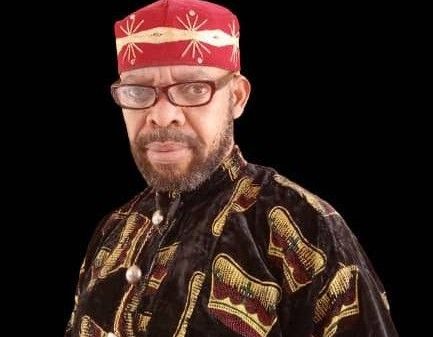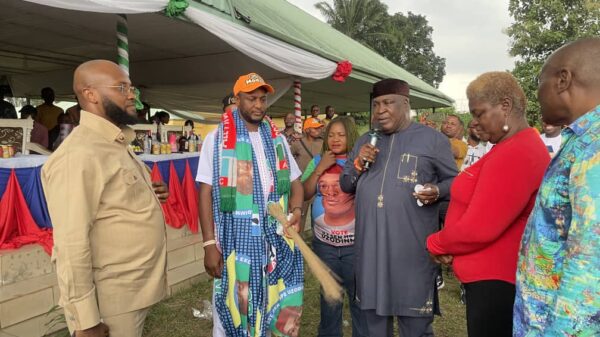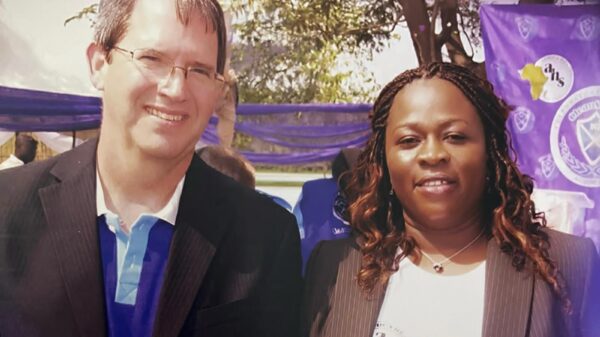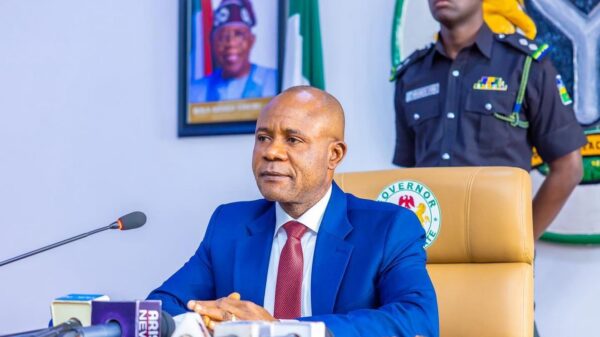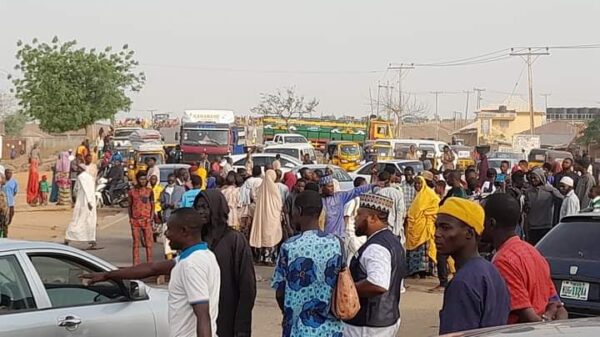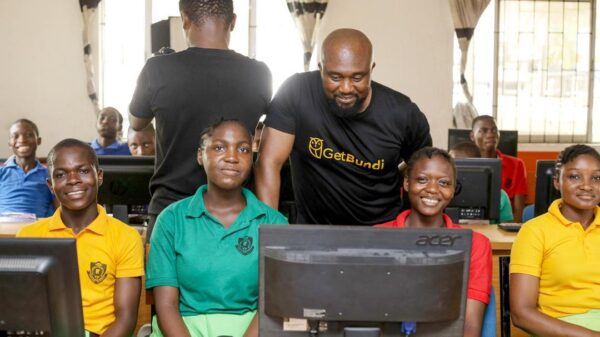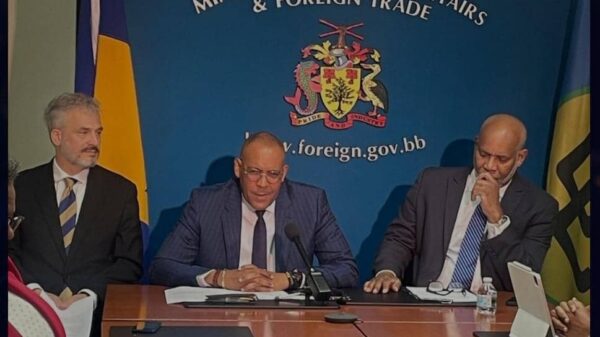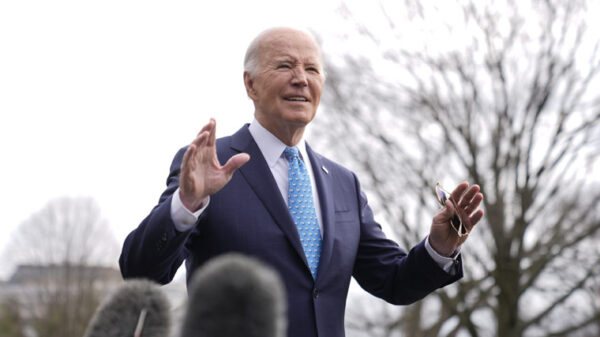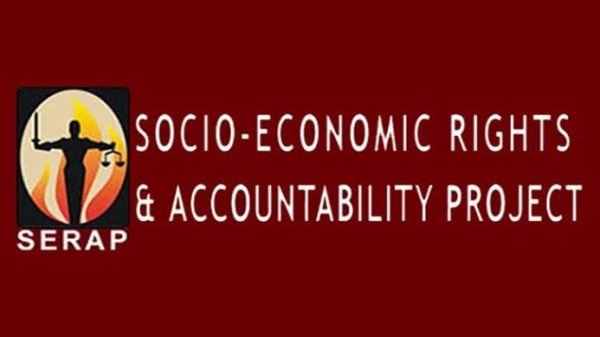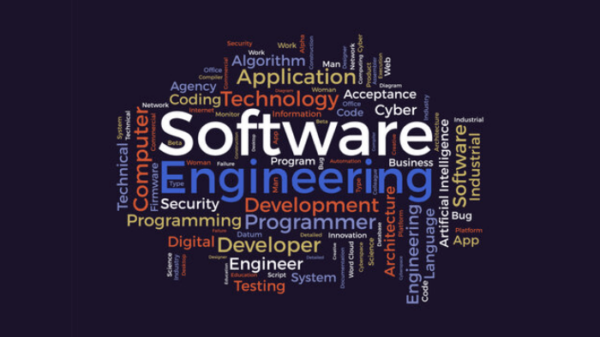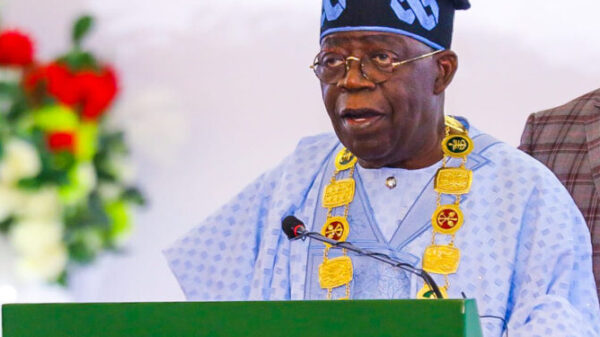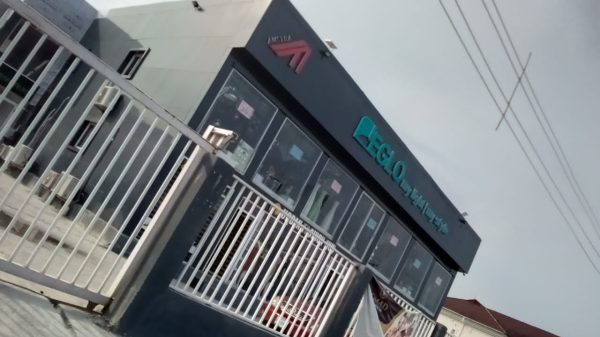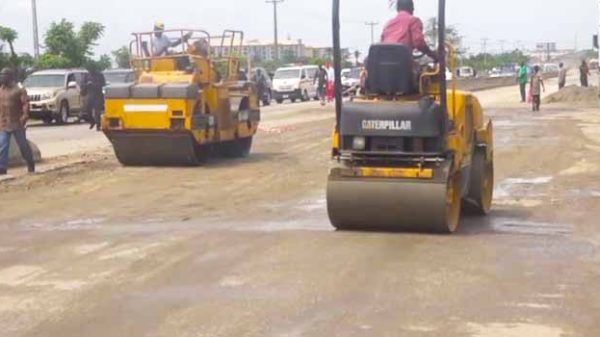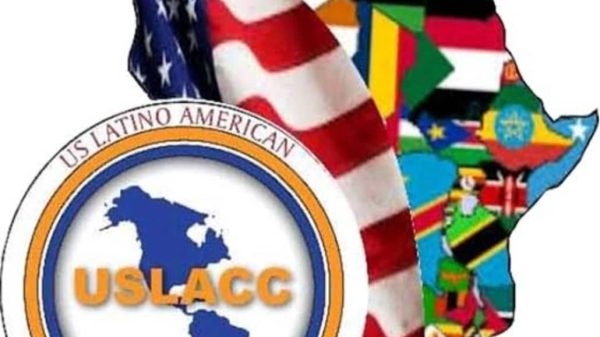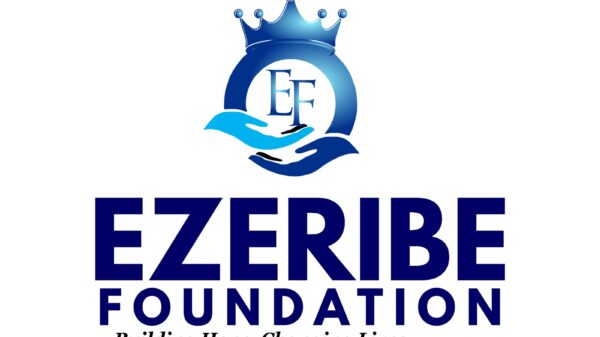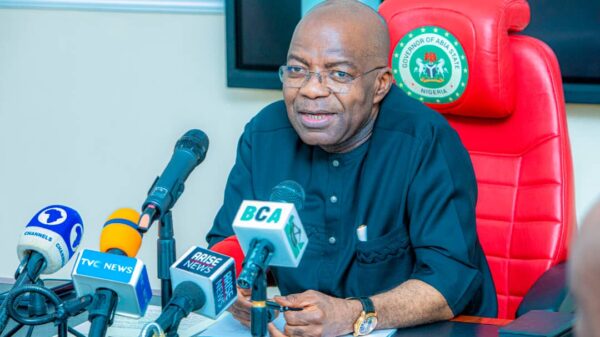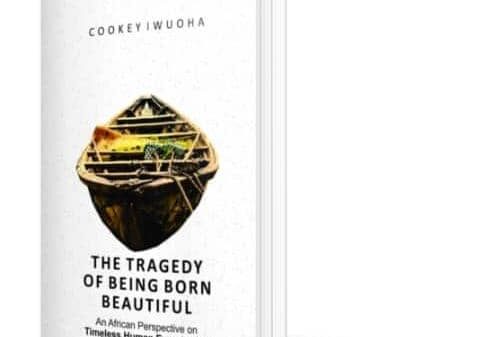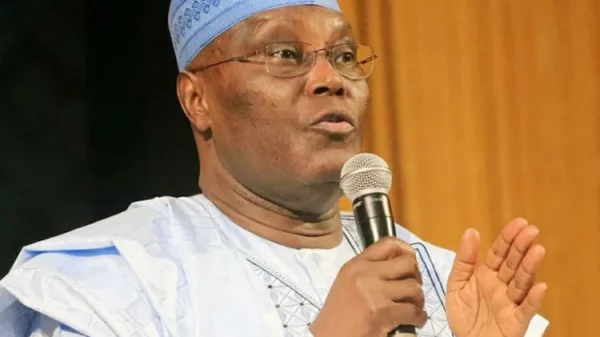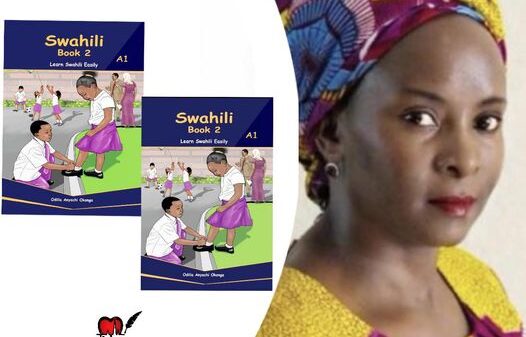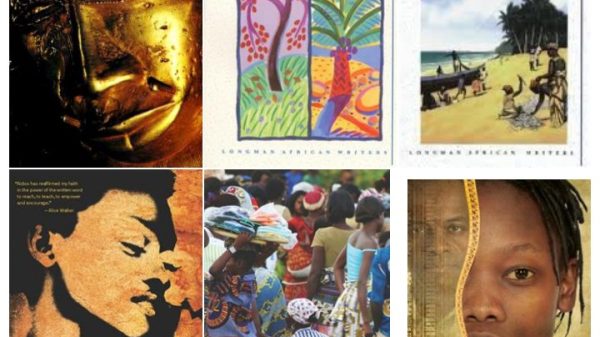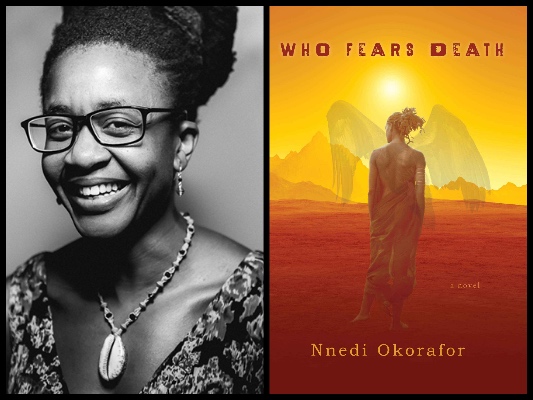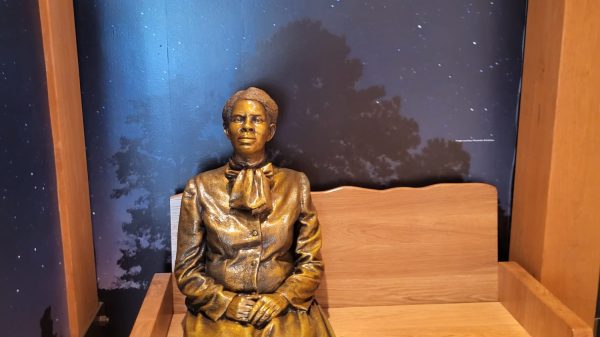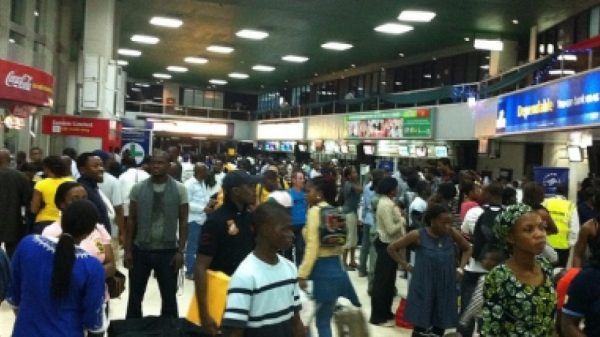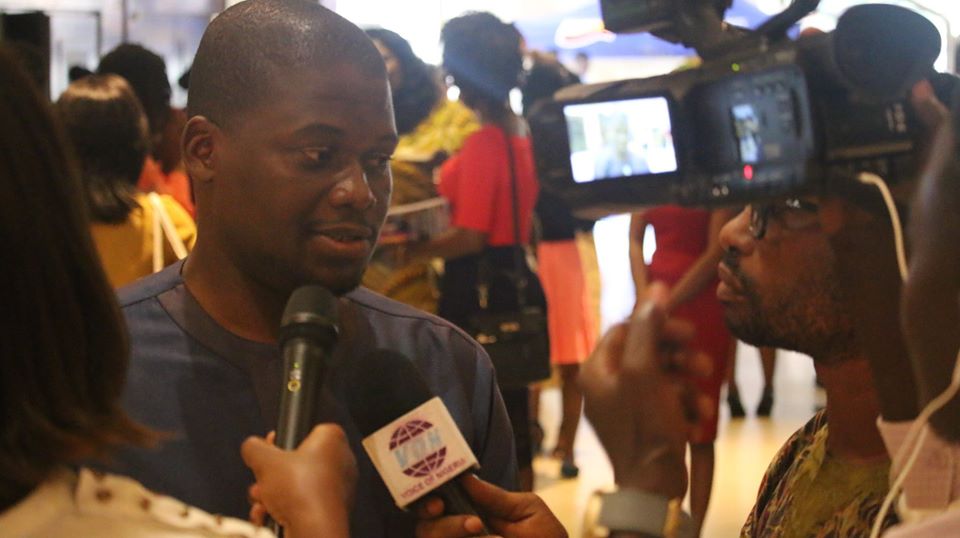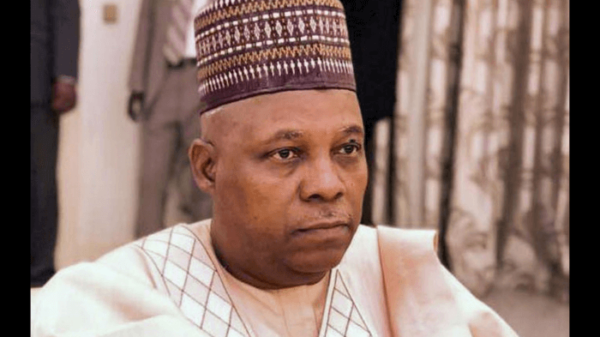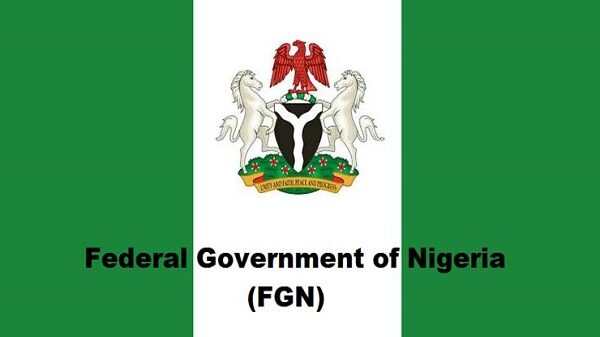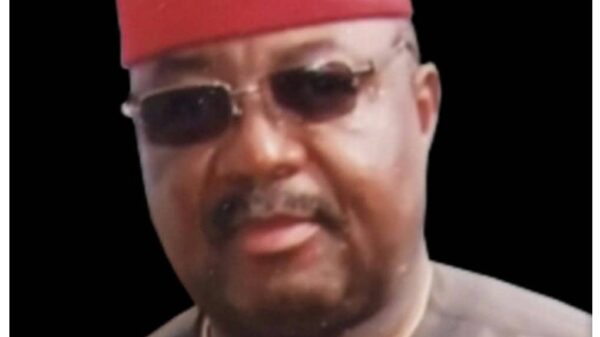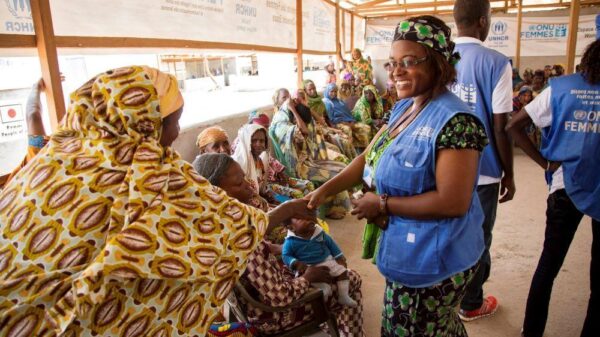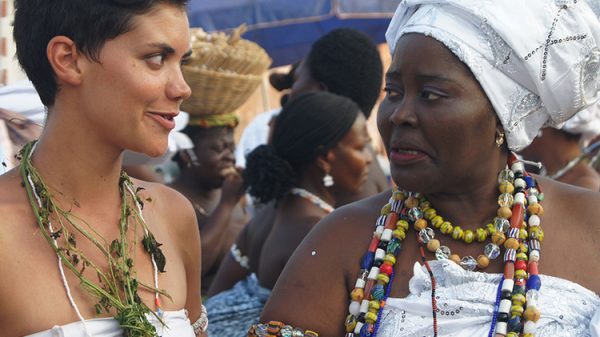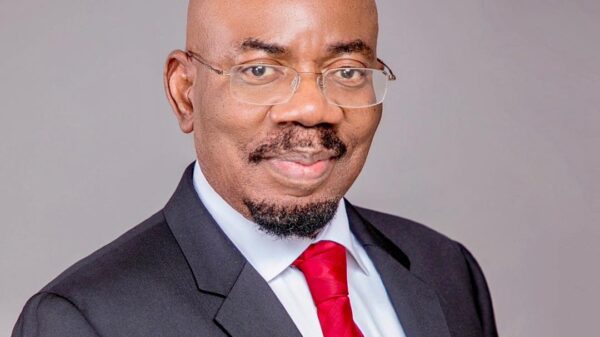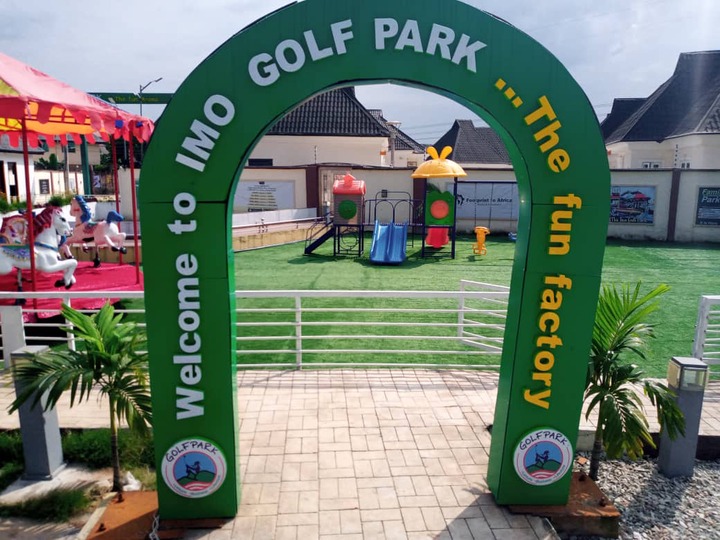There is a recollection by Ohemaa Adjei Andoh that illustrates the role teachers should play in shaping the choices their students make:
“I remember wanting to study a different course in my secondary school but my science teacher advised my mum that I do science because he thought that would be better for me. My mum went on a school tour with me at KNUST and spoke to some lecturers before we finally decided to go with Geological Engineering. So, I did General Science before going to KNUST for my bachelor’s degree.”
Andoh says in an interview with Africa Renewal. She did not only earn a Bachelor of Science in Geological Engineering from Kwame Nkrumah University of Science and Technology (KNUST) in Kumasi, Ghana, but went on to join Schlumberger, an Oil and Gas Service Company, where she trained as a Simulations Engineer and later as a Cementing Engineer. Today, through Girls in Science and Technology (GIST) which she helped form, Andoh is part of a group advocating for women and girls in STEM and providing mentoring, training and internship opportunities for young women in STEM. Her academy for kids, PM STEAM Academy, focuses on Science, Technology, Engineering, Arts, and Mathematics (STEAM) hands-on activities to help kids embrace their creativity and to develop their interest in STEAM at an early age.
No doubt, encouraging young Africans to pursue STEM education holds solutions to Africa’s economic and social woes. And teachers will, and do, play a big part in this regard. Of course, whether students love or hate STEM subjects, or any other subject, depends on how they are taught. This was the point Diane Sengati, Director of Digital Content and Instructional Technology Development at Rwanda Education Board, was making when she said, “Most students don’t pursue STEM subjects because they think it is very difficult, but the perceived difficulties root from how they have been taught those subjects. If you teach the subject in a friendlier way, it becomes easier and attracts more students.”
Africa has set lofty targets in STEM education through the African Union’s Agenda 2063. The Agenda lists seven aspirations for the continent by 2063, among which is that Africa’s youth should be guaranteed full access to education, training, skills and technology, and to all necessary resources to realise their full potential. It projects that by that target year Africa should be a continent where “well educated and skilled citizens, underpinned by science, technology, and innovation for a knowledgeable society is the norm and no child misses school due to poverty”.
These aspirations are achievable, clearly. However, for that to happen, there should be a recognition of the centrality of teachers, and emphasis must be placed on putting them at the forefront. Part of the challenges so far has been acute teacher shortage, with sub-Saharan Africa alone needing an estimated 15 million more teachers, according to Rebecca Winthrop, Co-director, Center for Universal Education and Senior Fellow, Global Economy and Development.
One of the strategies that would aid in stepping up Africa’s STEM education is to better equip teachers. As Adefunke Ekine, Associate Professor of Childhood Education, Tai Solarin University of Education, and Ayotola Aremu, Professor of Educational Technology, University of Ibadan, put it, “African policymakers must prioritize building the capacity of teachers and STEM teachers in particular. They need to be intentionally equipped with strategies that encourage collaboration rather than competition, peer teaching, hands-on activities, mentoring by role models — whether online or in person. More specifically, teachers need to be trained in using tools like learning packages, simulations, games, and storytelling to more effectively engage learners. These curriculum resources, including textbooks, should come with content that showcase females in various fields.”
Osita Oparaugo, the Founder of GetBundi, a STEM based educational platform for post-primary school, has said that their resources can be used by secondary schools as teacher’s aid, a resource platform for students’ assignment, individual or group study guide, home learning for in school and out of school students, and as a guide for competitive external examinations.
The Government of Rwanda is already prioritising teacher training. The country boasts of an education policy that emphasises training of teachers in enhanced teaching pedagogy on lesson delivery that connects classroom learning with the local environment. It has set up capacity-building frameworks to address the barriers hindering STEM uptake in the country. Through this means, it can address the limited number of qualified STEM teachers and STEM teachers’ inability to localise STEM teaching. With a curriculum framework that incorporates building of teachers’ capacity, with continuous professional development in school leadership, management, improvement planning, coaching, and mentoring, these measures are reported to have improved STEM education uptake in Rwanda.
But the task ahead is not for governments alone. African Institute for Mathematical Sciences (AIMS), with a vision to lead the transformation of Africa through innovative scientific training, technical advances and breakthrough discoveries, recognises this. It also acknowledges that this transformation will only come when Africa’s youth are enabled to shape the continent’s future through Science, Technology, Engineering and Mathematics (STEM) education, public engagement and research. AIMS reckons that investing in training well-rounded teachers and improving their pedagogy is the best way to improve learning outcomes for secondary school students and increase the transition of African youth to tertiary STEM education. It is therefore executing some programmes to empower teachers, support them, and equip them with the right skills and resources to teach boys and girls the right way.
In Cameroon and Rwanda, for instance, AIMS, through a partnership with the Mastercard Foundation, is running a five-year Teacher Training Program (TTP) whose goal is to build a sustainable pipeline of home-grown STEM talent in Africa. AIMS is raising the quality of teaching and learning Mathematics through professional development courses, high-quality classroom resources and technology-driven Smart Classrooms. These programmes have so far trained over 5,000 teachers. In South Africa, AIMS is providing outstanding professional development courses to Mathematics teachers, subject advisers, and field trainers through the AIMS Schools Enrichment Centre (AIMSSEC), which uses a blended learning approach to improve subject knowledge and empower teachers from disadvantaged rural and township communities. Also in Ghana, AIMS Master of Mathematical Sciences for Teachers (MMST) launched in November 2020 equips teachers with the requisite skills to understand and address the specific learning needs of female and male learners at the secondary level. The the programme is delivered in a hybrid model, with 30 percent residential and 70 percent online.
These efforts are a mere drop in the ocean, given the huge gap between Africa and the rest of the world in STEM education. The continent urgently needs to invest in STEM education for its young people if it is to turn its youthful population, the world’s largest with over 60 percent currently under 25, into a goldmine. A key place to start is equipping the teachers who are at the forefront of, firstly, making Africa’s youth to take up STEM and, secondly, imparting this all-important STEM knowledge. The time is now for countries in Africa, public and private institutions, non-governmental organisations, and all stakeholders to put heads together and give this idea a real push. Africa’s immense potential to improve its economy and that of the world cannot forever remain a potential.


